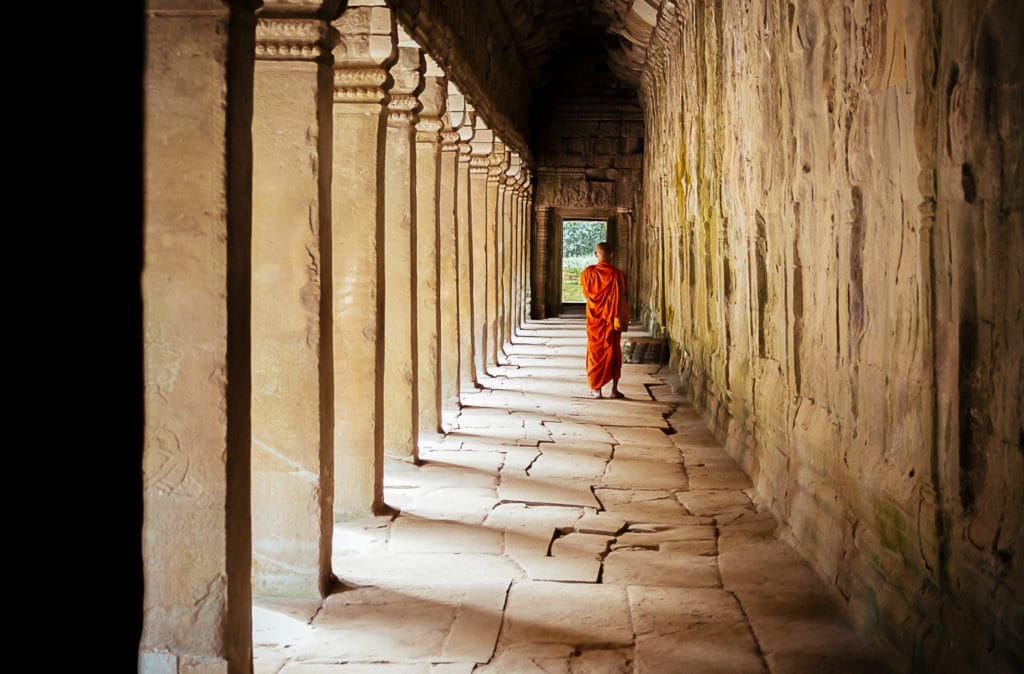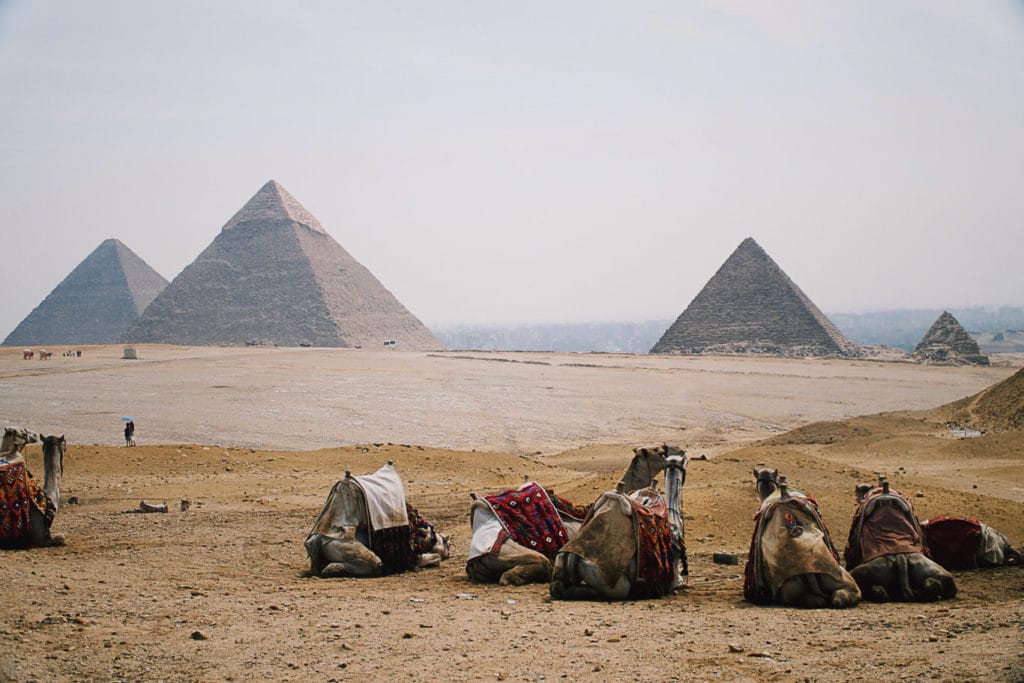Civil Rights Landmarks in the Southern US
Study History & Civil Rights in the United States
The Worldwide Navigators Difference


Sojourn – Gain a better understanding of the community you’re visiting. Learn about different religions or spiritual practices. How do these impact the communities? How does religion or spirituality influence local traditions?
1 of 1

Savor – Will you choose sweet or savory? Take the time to visit local markets and discover unique local ingredients. Learn how to prepare traditional meals & local favorites.
1 of 1

Tip of the Tongue – Each morning, take the time to learn a few basic greetings and phrases in the local language. Learn how to write greetings & your name in the local script.
1 of 1

A Wrinkle in Time – History influences our present. Discover the history of the country you visit. Hear the stories of your guides & their family history. Where do they come from?
1 of 1

Journal Journeys – Take some time to reflect on the day’s events and document your journey. Spend a moment journaling about the day had & day ahead. These are memories for a lifetime!
1 of 1

Culture – From local dances, festivals, or simple gestures to communicate – all of these make up a country’s culture. Learn and practice cultural norms & how to show respect in the culture you visit.
1 of 1Itinerary
Arrive in Atlanta and spend some time getting acquainted with your guide. We’ll spend the afternoon at the Martin Luther King Jr. National Historic Site. It’s only appropriate to start your Civil Rights tour of the south by seeing Dr. King’s childhood home.
We’ll explore the city where Dr. King grew up, visit Ebenezer Baptist Church, and pay regards at the nearby cemetery where he and Coretta Scott King are buried.
Wake up in Atlanta and spend the morning at the Center for Civil and Human Rights. This museum is a great way to explore how the Civil Rights Movement of the 1960s relates to the human rights struggles of today. After that, we spend a few hours driving west to Birmingham, Alabama, arriving in time to enjoy some genuine southern cuisine at one of the city’s downtown restaurants.
The day in Birmingham begins with a tour of the 16th Street Baptist Church, the site of the tragic bombing in 1963 that left four young girls dead. It remains one of the darkest moments in American history. Next to the church is Kelly Ingram Park, the site of a famous protest in 1963 when fire hoses were used to subdue protesters. The day ends at the Birmingham Civil Rights Institute, an educational center that has a variety of both permanent and traveling exhibits to help visitors put places like the church and park seen earlier in the day into perspective.
From Birmingham, it’s a short drive to the National Voting Rights Museum in Selma, Alabama. The museum pays homage to the 1965 march from Selma to Montgomery and the Voting Rights Act of 1965. From there, we cross the Edmund Pettus Bridge, just as so many did in 1965, on the way to the Freedom Rides Museum in Montgomery, Alabama. The museum is the site of a 1961 protest of segregation laws at the downtown Montgomery bus station.
The morning is spent driving from Montgomery to Jackson, Mississippi, where we arrive at the Mississippi Civil Rights Museum. This is one of the newest Civil Rights museums, but it does an amazing job at telling the entire Civil Rights story through a series of eight galleries leading to the question: “Where do we go from here?”
On the way out of Jackson, we stop at Medgar Evers Home Museum, which is a museum created in the home where the Civil Rights icon grew up. The main destination of the day is a few hours away in Arkansas: Little Rock Central High School. While still a functioning school, Little Rock Central High School is also a national historic site for being the place where nine black students began classes in 1957, desegregating schools in the wake of the Brown vs Board of Education ruling in 1954.
Just a couple hours from Little Rock is the final and arguably the most important stop on the Civil Rights journey: Memphis, Tennessee. First up is the historical marker honoring journalist Ida B. Wells on the famous Beale Street. The next stop is the Mason Temple Church, a still-active church where Martin Luther King Jr. delivered his famous “I’ve Been at the Mountaintop” speech in 1968 — one day before his assassination. Finally, the day concludes at the National Civil Rights Museum in Memphis. The museum sits on the site of the Lorraine Motel, the site of King’s assassination.
Welcome to the South!
You can read about history in books, but traveling to the places where history was made brings a whole new perspective. For something as significant to America’s history as the Civil Rights Movement, it’s invaluable to visit the place where so many important events occurred in person.
Join us as we visit museums and landmarks throughout the southern United States in order to dive deep into the history of the Civil Rights Movement and gain a deeper understanding of the complexities of America.
Value
3-6 Day
Group Trips
- Airfare
- Transportation
- 2.5 - 3-Star Accommodations
- Daily Activities & Excursions
- 2 Meals Per Day
- Tours & Entrance Fees
- Daytime & Self-Guided Tour Director
- 1 Impact Project
Classic
7-12 Day
Group Trips
- Airfare
- Transportation
- 2.5 - 3-Star Accommodations
- Daily Activities & Excursions
- 2 Meals Per Day
- Tours & Entrance Fees
- Daytime Guided Tour Director
- Up to 2 Impact Projects
Epic
7-14 Day
Group Trips
- Airfare
- Transportation
- 3.5 - 4-Star Accommodations
- Daily Activities & Excursions
- 2 Meals Per Day
- Tours & Entrance Fees
- 24/7 Guided Tour Director
- Up to 3 Impact Projects
- Final Night Celebration Dinner
Interested in adding or modifying activities? No problem! All Worldwide Navigator itineraries can be customized to your liking!
In collaboration with our partners


